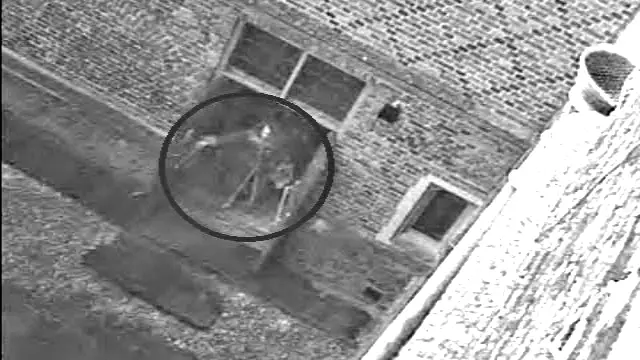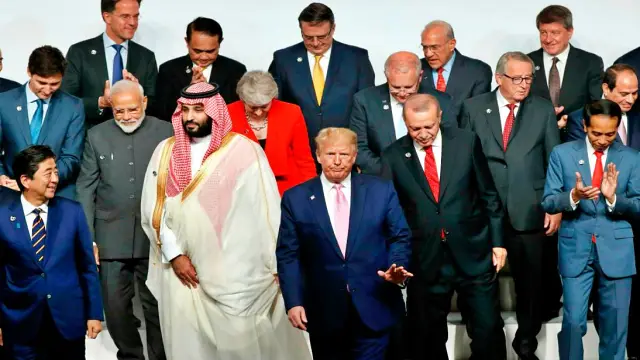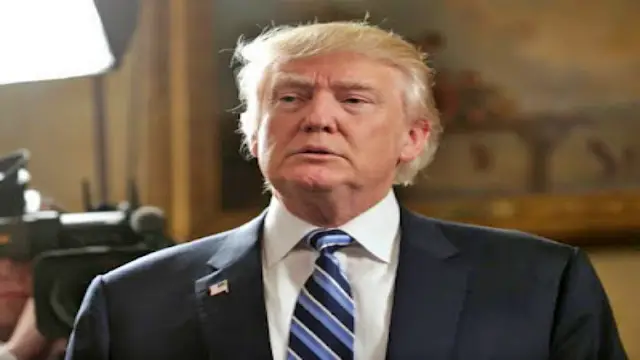Renuka Vyavahare (BOMBAY TIMES; September 15, 2019)
Known for his signature messy hair and boyish charm, Ali Fazal is disarmingly honest, just like his ladylove Richa Chadha. His talent and earnestness were noticed even in his brief, but significant appearance in 3 Idiots (2009), and the lead role in Oscar-nominated Victoria & Abdul (2017). Ali’s career trajectory took a massive leap recently, when he bagged an Agatha Christie thriller with Hollywood stars like Gal Gadot and Armie Hammer. However, the actor says that he hasn’t yet reached where he should have. In a chat with BT, he opens up on his career, relationship, the culture of political correctness in cinema and his upcoming film, Prassthanam. Excerpts…
You worked with Dame Judi Dench (Victoria & Abdul), and was part of Furious 7 (2015). Now, you are a part of Prassthanam, which seems to be an out-and-out commercial potboiler. Isn’t it great that you are getting opportunities to juggle films that belong to different schools of acting and filmmaking?
I am a sucker for being pushed out of my comfort zone. That gives me a kick. Fukrey (2013) was a cakewalk for me. Any Tom, Dick and Harry can pull that role off. Victoria & Abdul was different and I am hungry for working with different directors, who take that risk. I have never fallen in that category of being the go-to guy for an art film or a certain type of role. I have had a mixed filmography.
But the lack of an image may not always go in your favour. Today, people can define a Rajkummar Rao or an Ayushmann Khurrana film, which hasn’t happened with you so far…
So many times, it has gone against me. I grabbed whatever work came to me. I am getting good opportunities now, but when I look back, I regret some of the choices I made. I never had a set image. I admire people like Rajkummar and Ayushmann. Raj has been doing back-to-back incredible films with Hansal Mehta. A lot of his earlier films were a washout, but he has slowly and steadily worked towards building a certain image for himself.
In Ayush’s case, from hosting shows to doing movies like Vicky Donor (2012), his choice of content-driven films have helped him build an image. On the contrary, I am constantly trying to break away from an image, and it has worked against me at times. I don’t know how to do this. There was no planning in my career. TV kiya nahi, uss mein bohot paisa hai. All these principles go against you.
You are known to speak your mind and are quite critical of things. Is such outspokenness appreciated in an industry where being diplomatic and politically correct is almost a norm?
A lot of directors appreciate honesty, but you can’t stick your nose everywhere. You also need to know where you stand as an actor. I am critical of things, and I can be shameless in getting my point across. If some things are tacky, they are. Why should you not say it? Films are, after all, a creative, collaborative process. Everything has become so protocol and hierarchy-based and this happens everywhere. Even when I used to correct the Urdu lines written for me in Victoria & Abdul, they had to be routed through the BBC UK. In fact, we have more freedom in India when it comes to voicing our point of view as actors.
Surprisingly, there’s a perception that actors in the West have a bigger say…
Actors in the West enjoy more benefits and some have that clout. They have unions and pensions. For the rest of my life, whenever Victoria & Abdul is played, I will get a certain amount of money. You need that support. Studios are more powerful there. In fact, I am reading a book — Easy Riders, Raging Bulls — that talks about the change in Hollywood’s cinema culture and how the studios came into power. It’s quite informative.
Coming back to Prassthanam, what is it all about? And, how did you become a part of it?
This film came to me at the right time. Baba (Sanjay Dutt) called me for it and I am his huge fan. I play his son in the film. It has politics, action, thrill, songs bhi hai… it has an interesting mass appeal. It takes you back to the 90s, but also reflects today’s political structure in Uttar Pradesh and interpersonal relationships. It’s a testosterone-heavy film about the alpha male image that we have on the outside. Manisha Koirala plays a central role. I don’t know how that will be received because she doesn’t have too many dialogues, but her voice echoes through the entire film. Feminists are going to have a field day writing about our film and I fear that it could be for the wrong reason because we are actually trying to show how messed-up toxic masculinity is. Gharon mein aaj bhi agar bhai-behen khaana khaane baithte hai toh bhai ko plate pehle jaata hai. Even the mother doesn’t realise that. So, sexism exists and it’s deep-rooted in our culture.
While this dialogue is essential, isn’t excessive scrutiny and moral policing detrimental to cinema, as filmmakers will get conscious?
Question it, but don’t form an opinion on it and say, ‘Don’t watch it’. Let people watch it and decide for themselves. Here, everyone wants to decide for others. You are okay watching Western web series, but an Indian hero hamari sabhyata ko nahi maar sakta. Technically, we are still hero worshipping. While paying attention to all of this, we are missing out on cinema because everybody is scared. I couldn’t smoke in one scene of Milan Talkies because Tigmanshu (Dhulia, director) didn’t want that anti-smoking disclaimer to pop up. The whole point of that scene was to tell someone that smoking is injurious, but we deleted that scene as people may not see it in the right context anymore. We are now forced to play it safe and that’s bad for art. Art and politics have to go hand in hand. Politics has power, but art shapes society. You can’t ignore it.
Richa and you are amongst the few couples in Bollywood, who are outspoken. Did that aspect of your personalities bring you closer?
Richa has a lot of knowledge and has a spiritual outlook towards life, and that attracts me to her the most. She is very centered and focussed. I am not. I don’t want to grow up. Adulting is not my thing. I hate it. Mujhe har mahina electricity bill, gas bill, yeh bill, woh bill nahi bharna hai. No matter where you are, you get those bill reminders. By the way, Richa is equally goofy. She is a clumsy woman. All that serious hoity-toity image she has, I don’t know what that is (smiles). She drops food every time she eats! That’s her USP.
Why do you say that you are not centered? Do you mean that you struggle to stay in the moment?
I am only peaceful at two places — on a movie set and in a movie hall. That is why I watch movies on my own a lot. I walk in alone, buy my ticket and popcorn, and find myself in a meditative state. That’s bliss for me. I am like that even on a movie set. Apart from that, bheed hai mere dimag mein. My mind is brimming with ideas all the time and that perhaps takes the focus away. I want to create something new, and manage work in the West as well.
Since you hate adulting, have you given marriage a thought or do you perceive it as too much of a responsibility?
I believe in the sanctity of marriage. I think it’s beautiful, but work is a priority at the moment. Somewhere, we all stumble upon it, I guess. I am happy in the space that I am in right now. And maybe, I have thought about marriage, but I won’t speak about it yet. Is it unmanly for a man to be shy about certain things? I am extremely shy when it comes to talking about my personal life. I find it weird.
Other than acting, filmmaking has been on your mind for a while now…
Yes, it has. I have been writing a magnum opus. I am writing two things actually — a mini series and a film script. I don’t know if I’ll be directing these, but writing is my life’s purpose, I think. The film script is my Mughal-e-Azam. It is a period epic. It’s not about the Mughals, though. There are instances and stories that have lasted over generations in my family that I will capture in it, but it isn’t biographical.
Being Pushed Out Of My Comfort Zone Gives Me A Kick – Ali Fazal





















